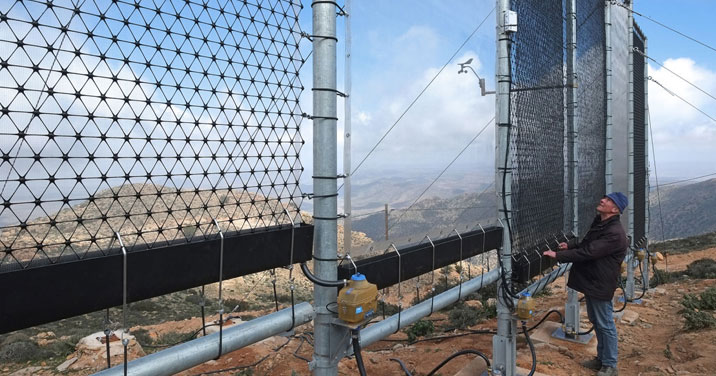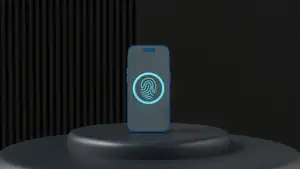
MIT Demonstrates Off Grid System For Fresh Water
What if there was a passive device using solar energy that could actually function as a sort of “water harvester”? A water harvester that in effect pulls water directly from the air. And what if this same water harvester technology has been demonstrated to perform in lower humidity environments, as in as low as 20% relative humidity?
It turns out that such a technology has been proven by none other than Massachusetts Insititute of Technology as recently reported in the esteemed and widely respected journal Science. Note that this water harvesting technology was made possible through the use of a rather innovative material referred to as a metal organic framework.
Note that metal organic frameworks or (MOFs) are defined as compounds comprised of metallic ions that are coordinated with organics to form one, two or even three dimensional structures. The MOF utilized for the water harvester reported in the article submitted to Science was produced at the University of California, Berkley.
Note that the initial water harvester prototype demonstrated the capability of pulling in 3 quarts (2.8 liters) of water directly from the ambient air over a 12 hour period. Even more impressive is the fact that the prototype performed this well in a low humidity environment consisting of an average of 20 - 30 percent relative humidity.
Omar Yaghi, a faculty scientist at Lawrence Berkley National Laboratory and one of the senior authors of the Science article had this to say: “….this is a major breakthrough in the long-standing challenge of harvesting water from the air at low humidity. There is no other way to do that now except by using extra energy. Your electric dehumidifier at home produces very expensive water.”
Yaghi went on to further explain the implications of this new water harvesting technology. In short, the metal organic framework water harvesting technology could result in a home water production system that is completely off the grid. Best of all, this system is based on the use of solar energy that could actually supply the water needs for an entire household. Or as Yaghi puts it, a “ personalized water” system.
Naturally you understand that there is more research to be done on this sort of water harvesting technology. As remarkable as the prototype happens to be, the current system is only 20% efficient. Scientists at both Massachusetts Insititute of Technology and University of California Berkley are certain that different formulations of metal organic frameworks can up the efficiency of water harvesters.
Nevertheless, the prototype device clearly demonstrates a giant step forward for providing fresh water in an energy efficient manner.









